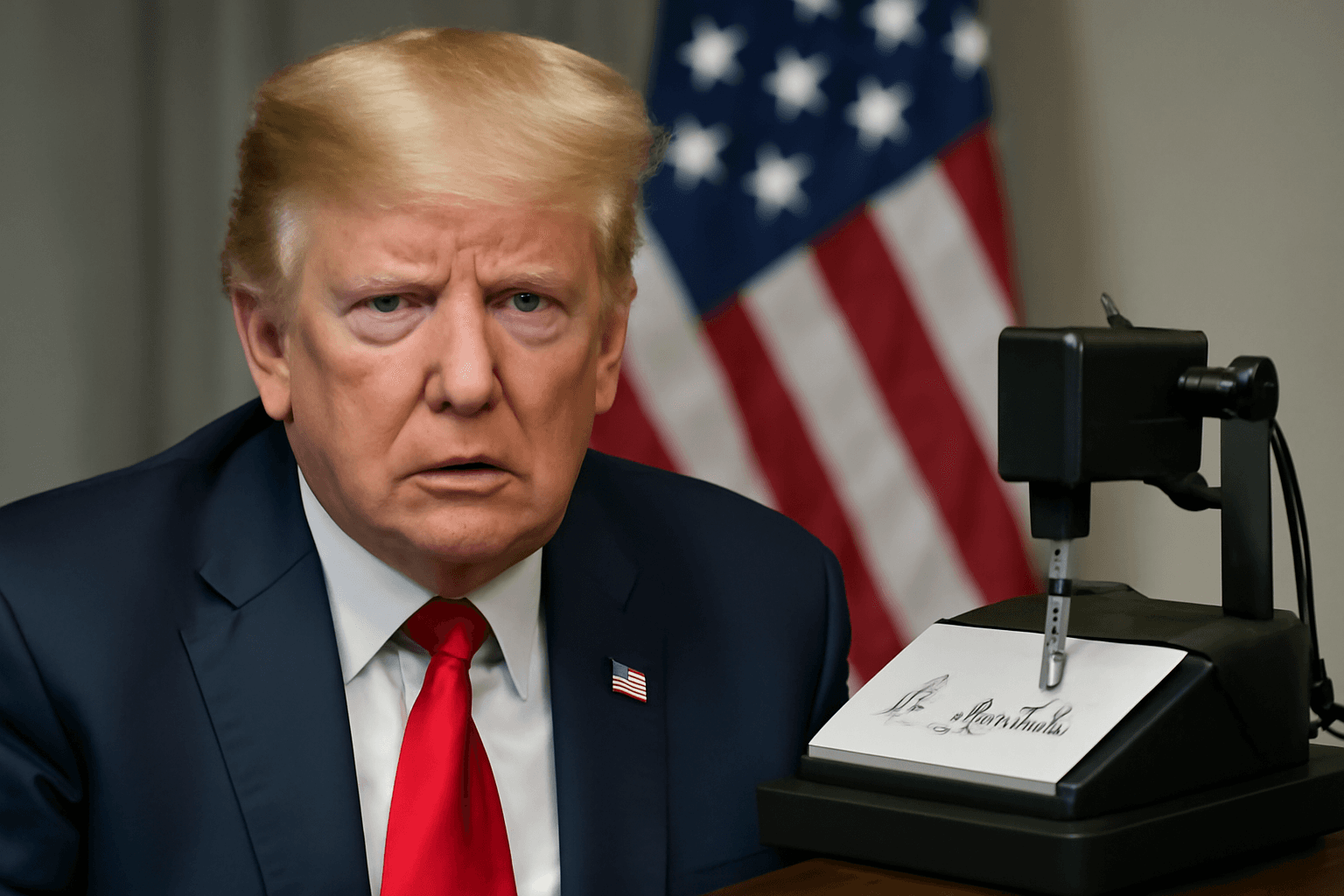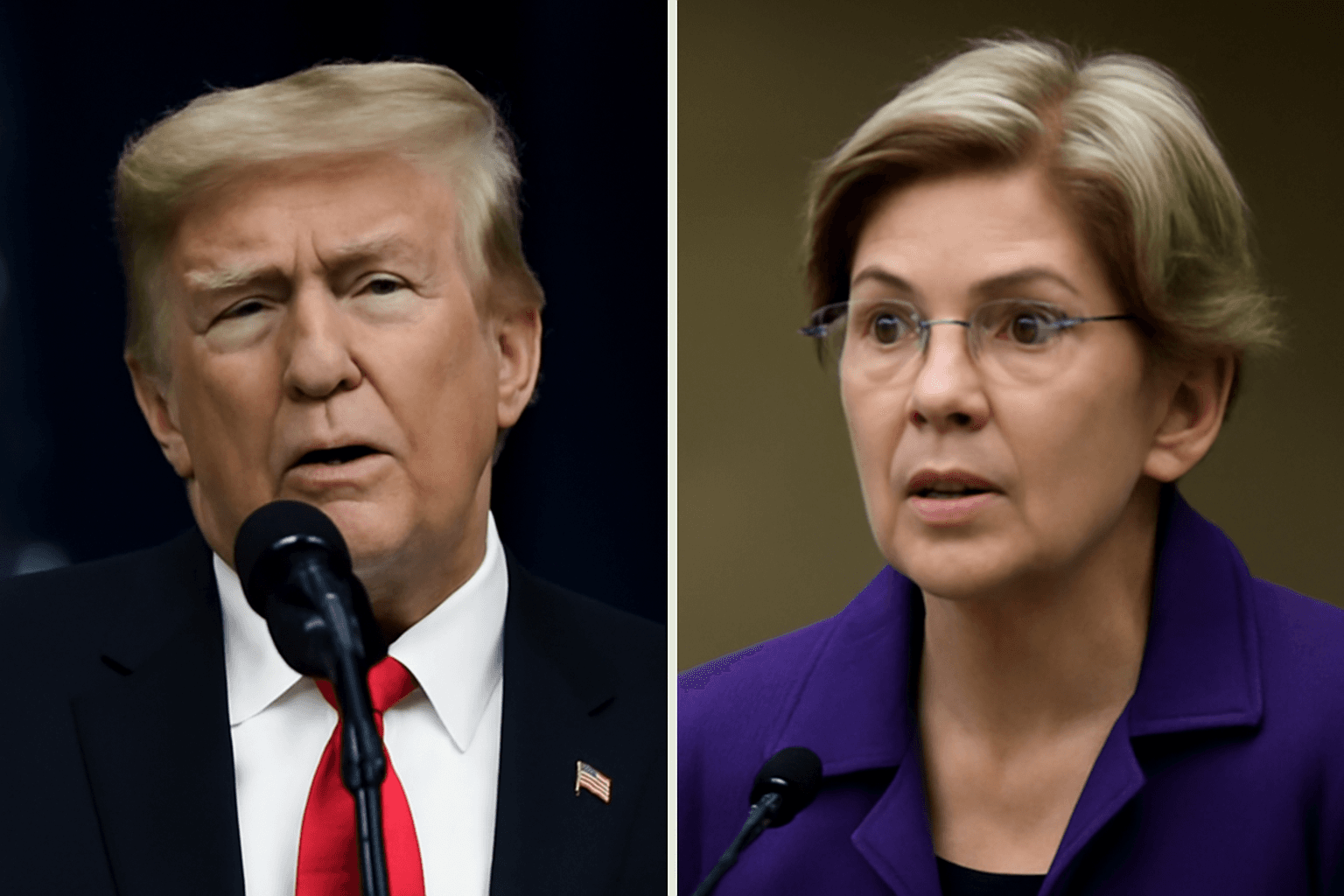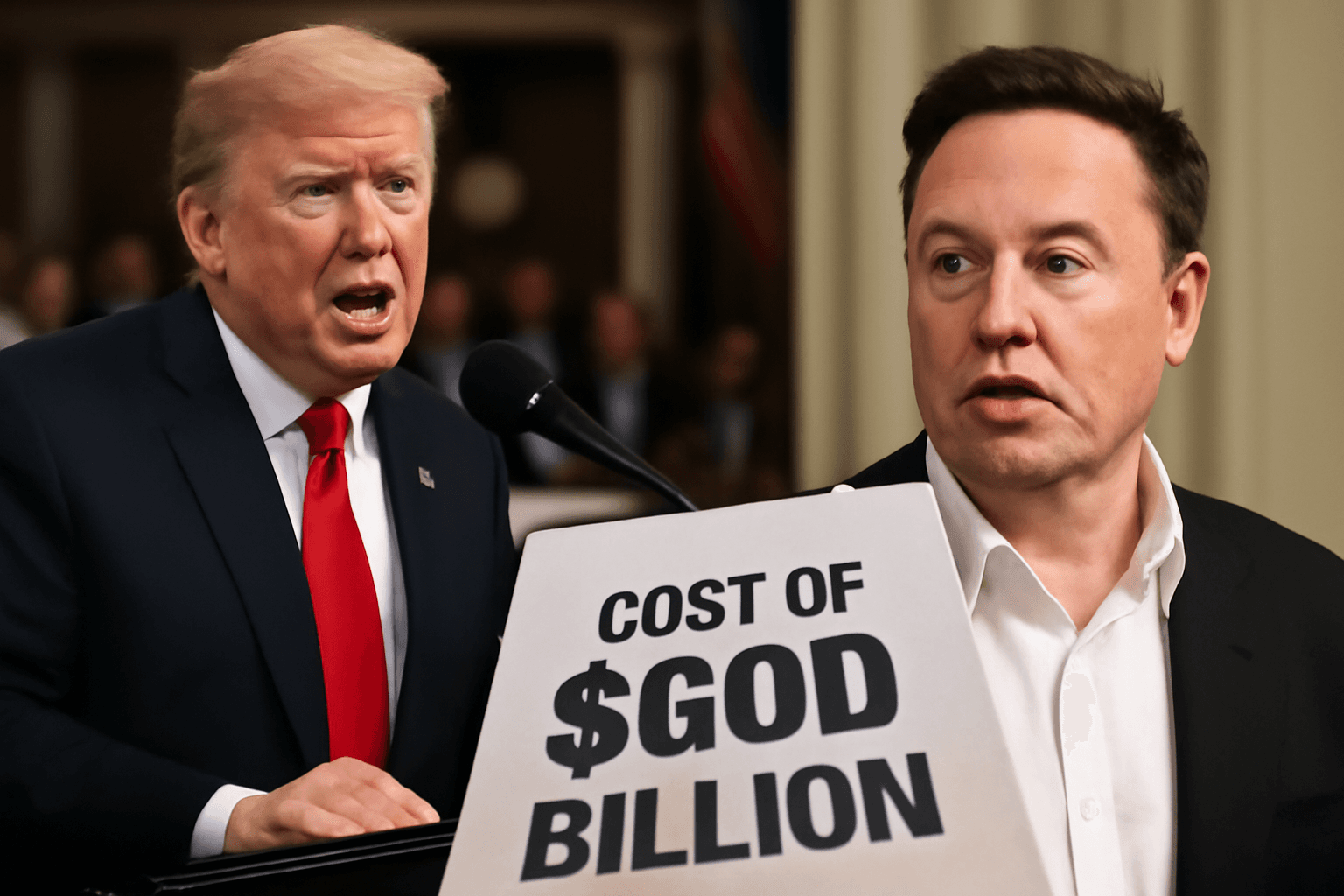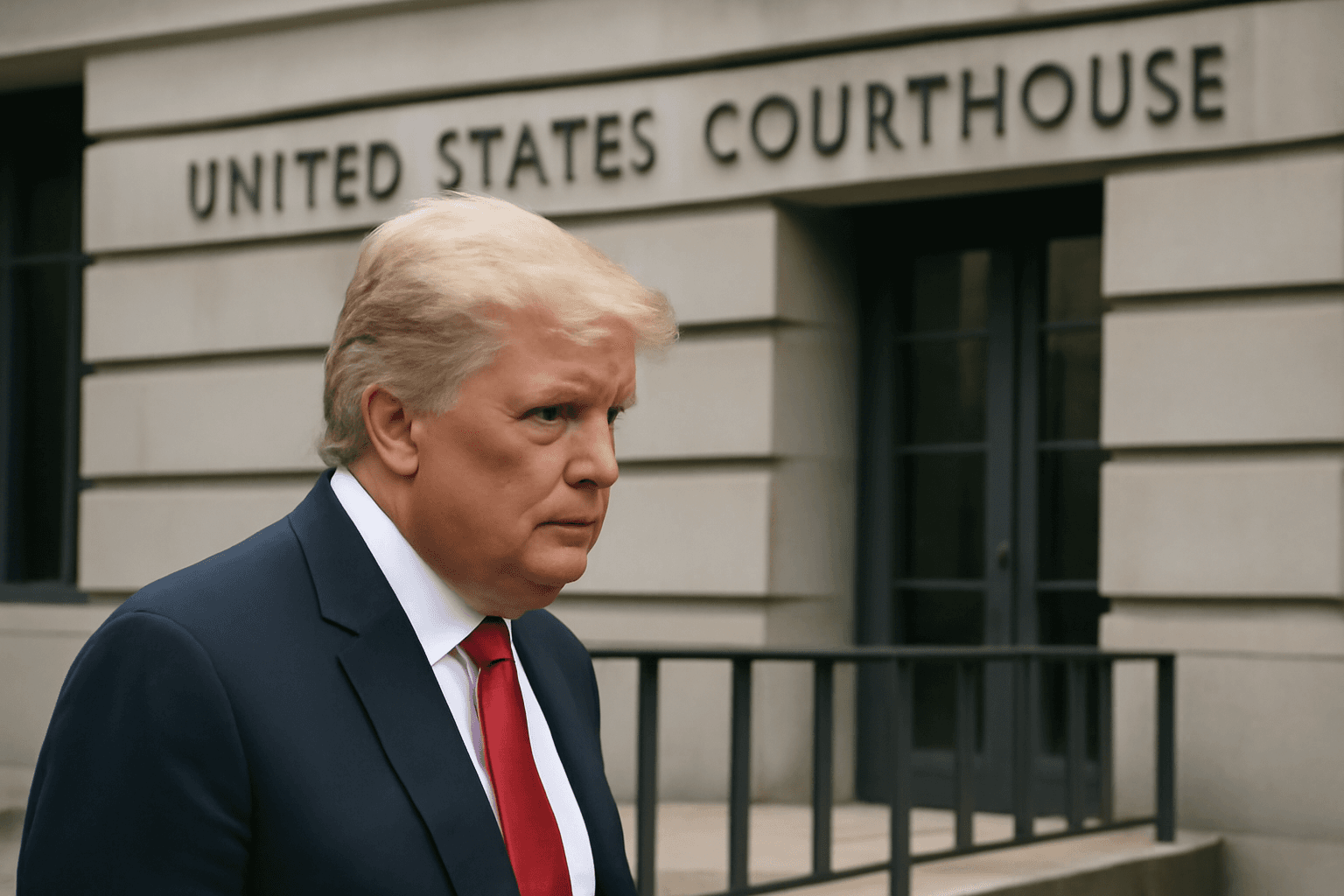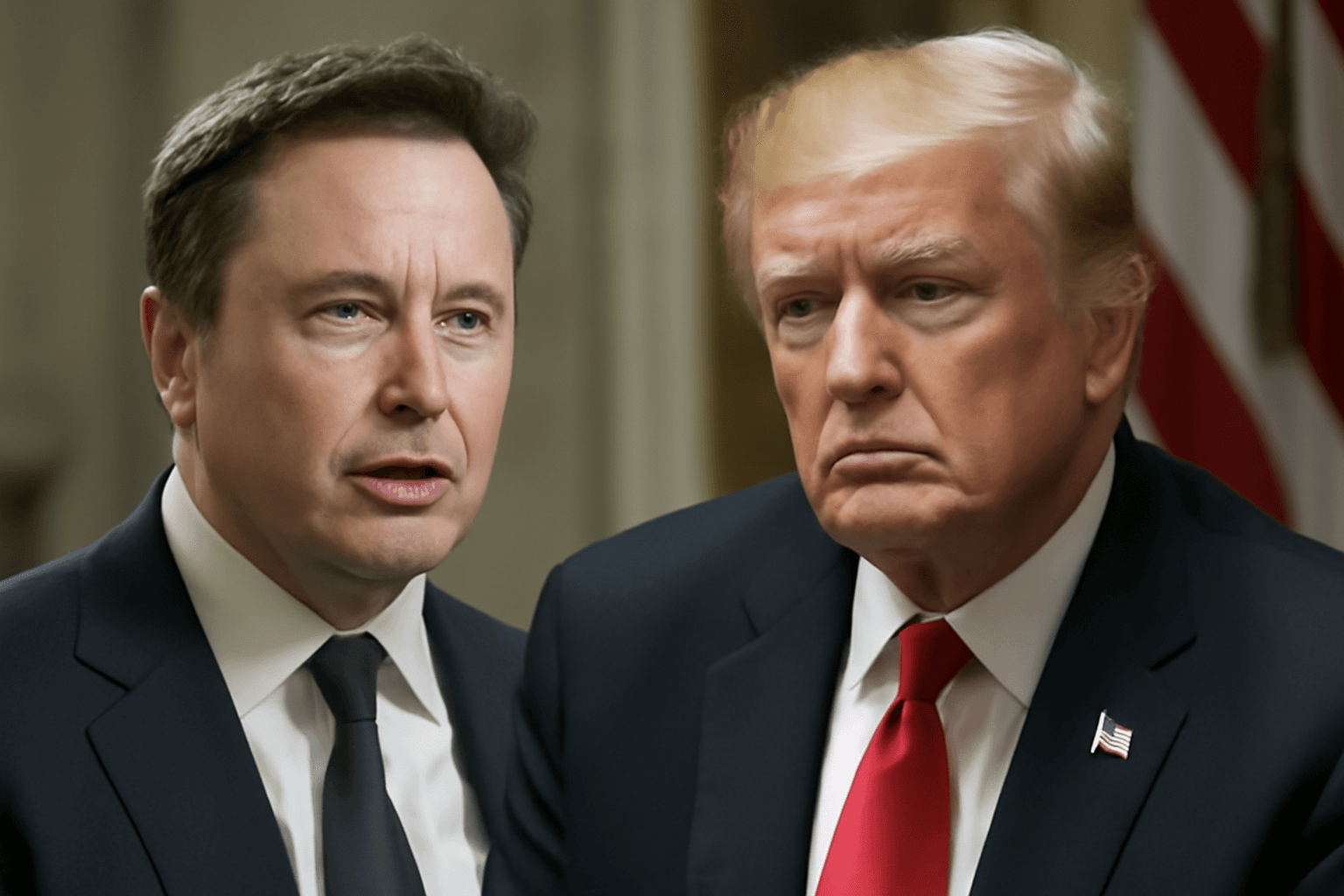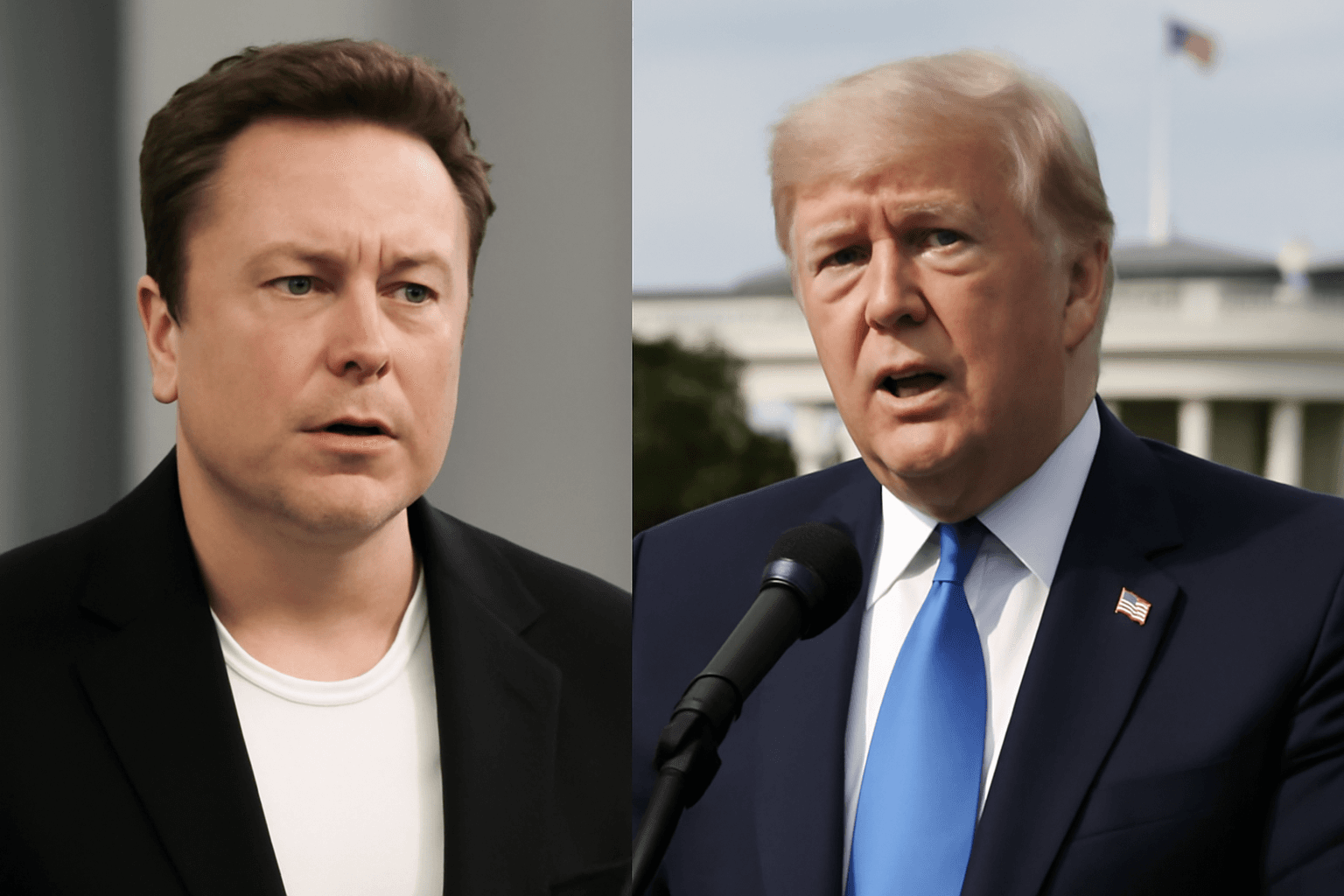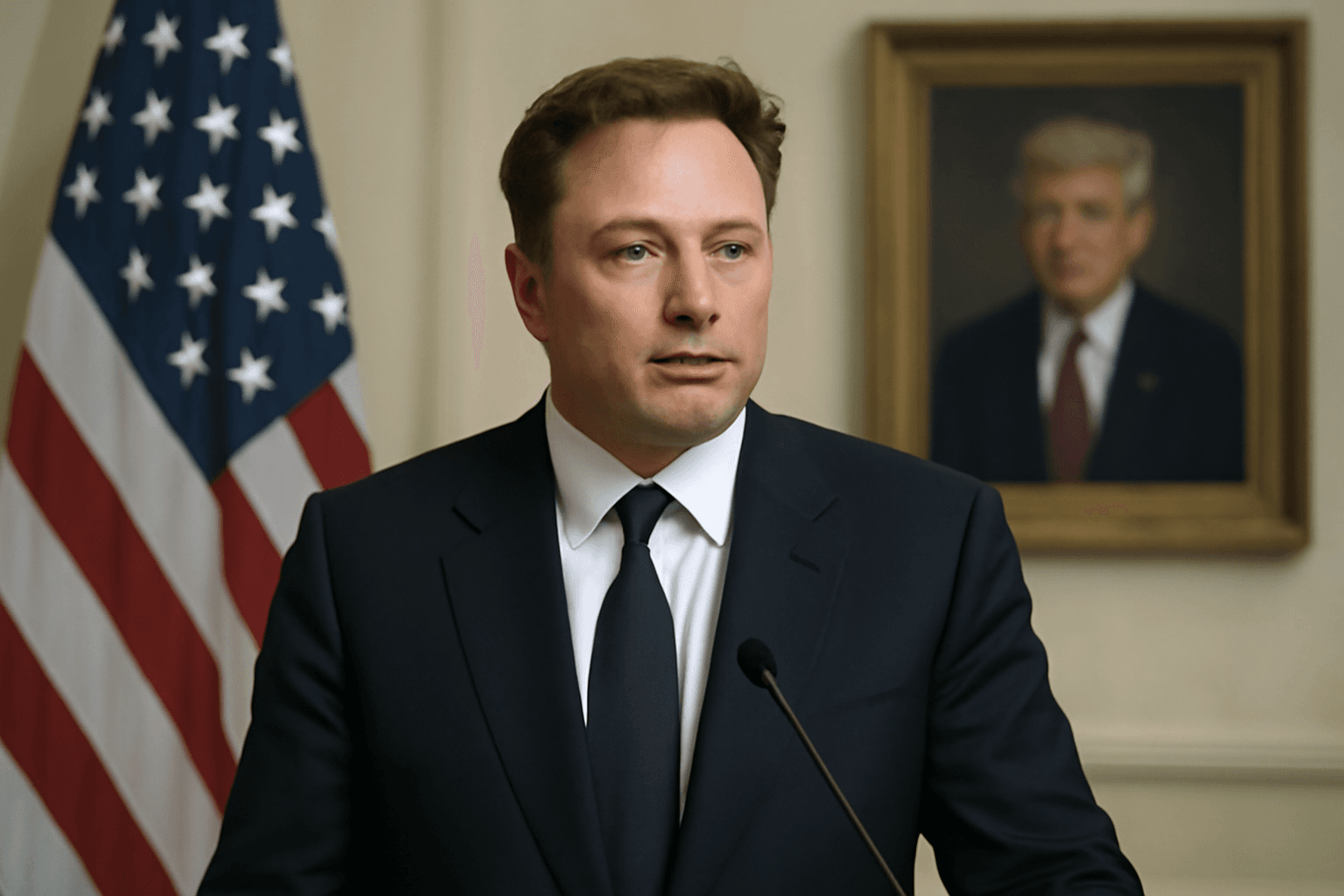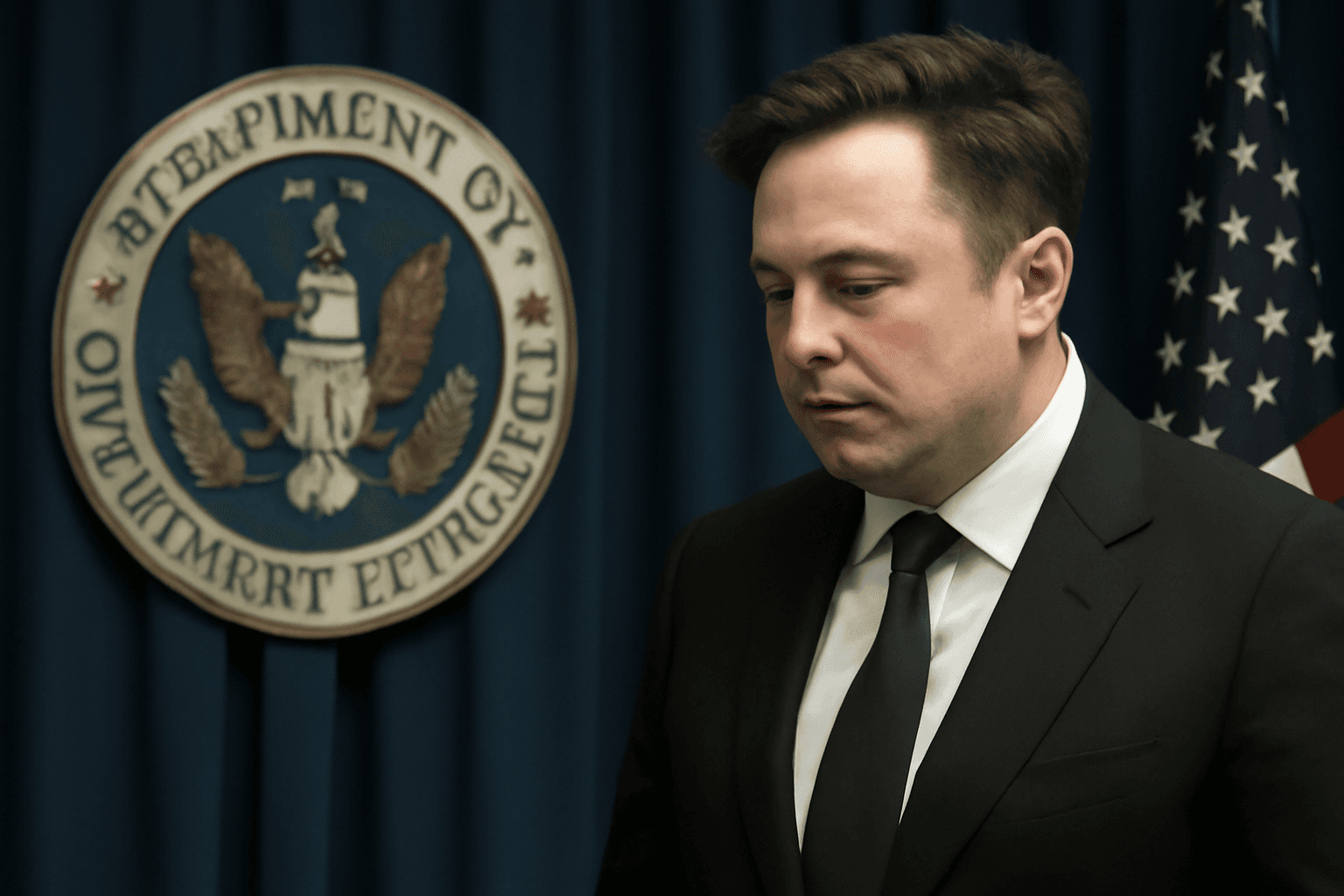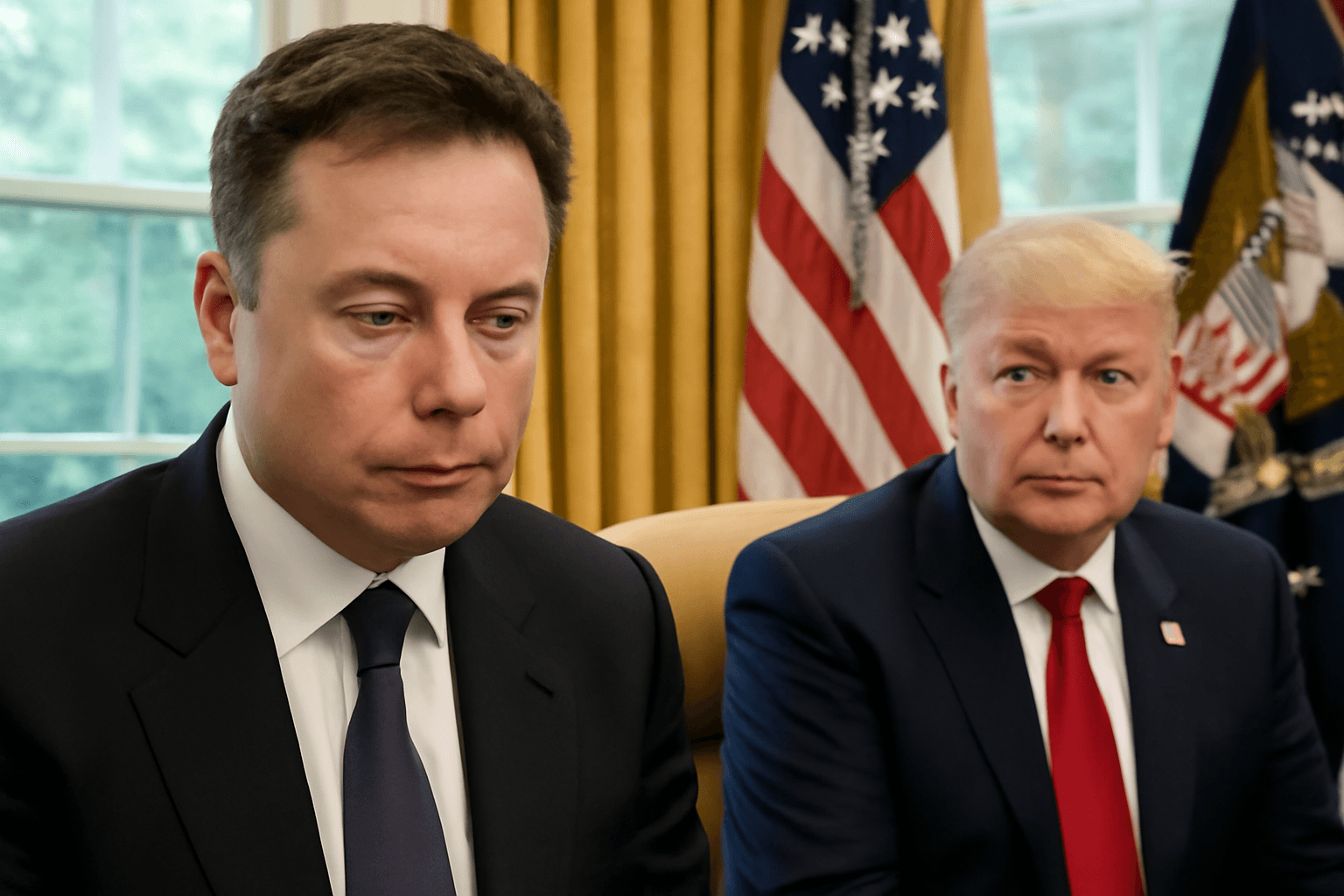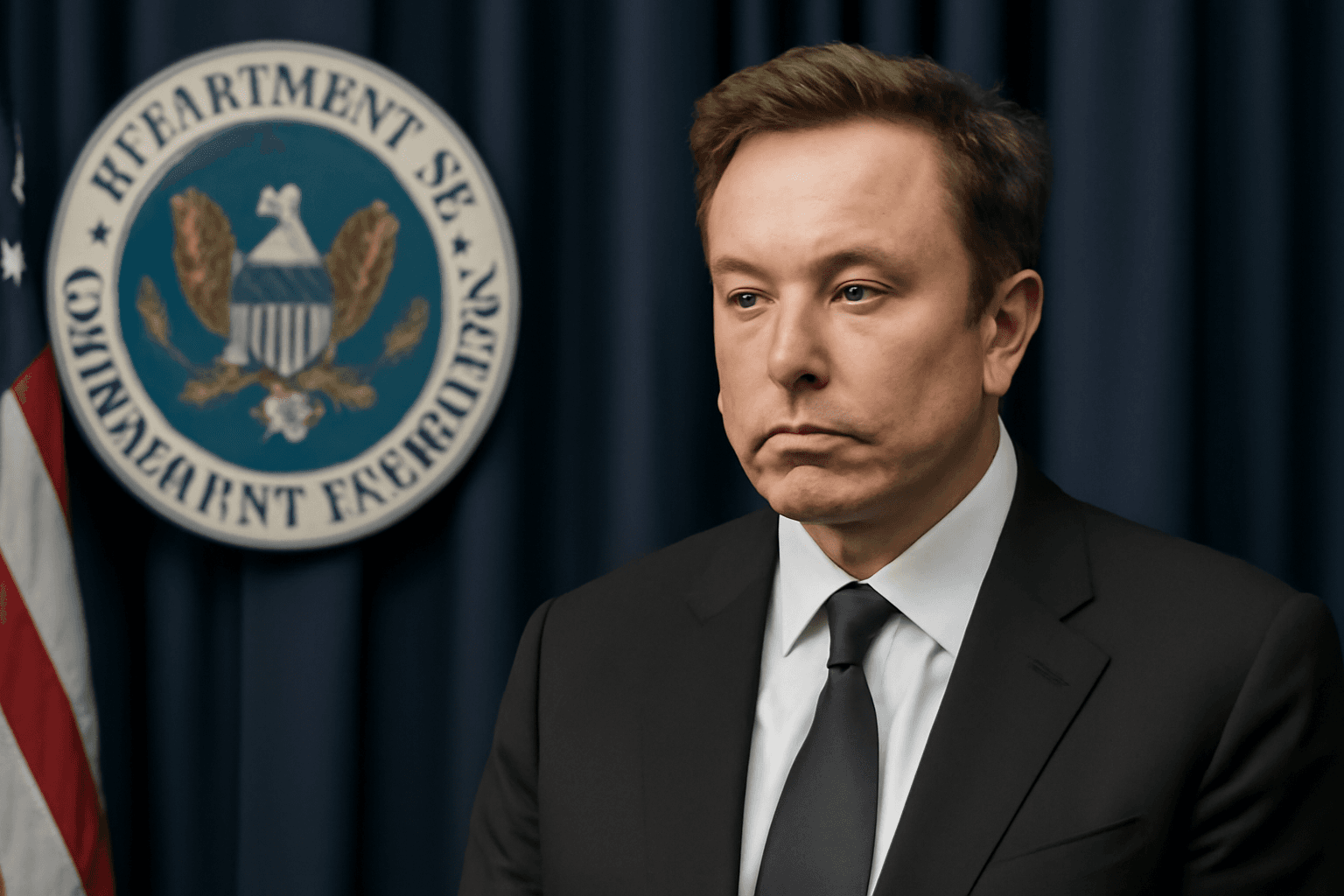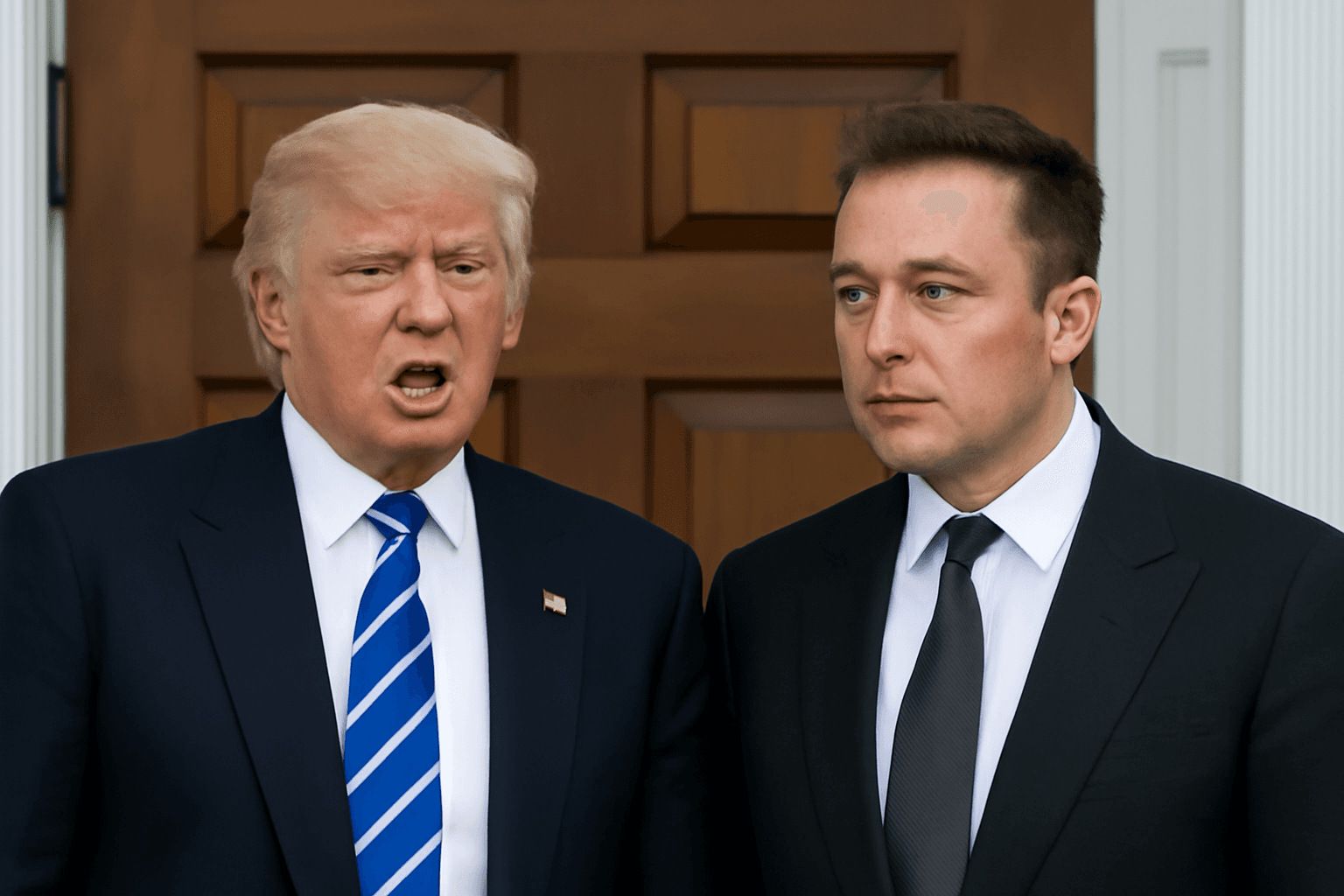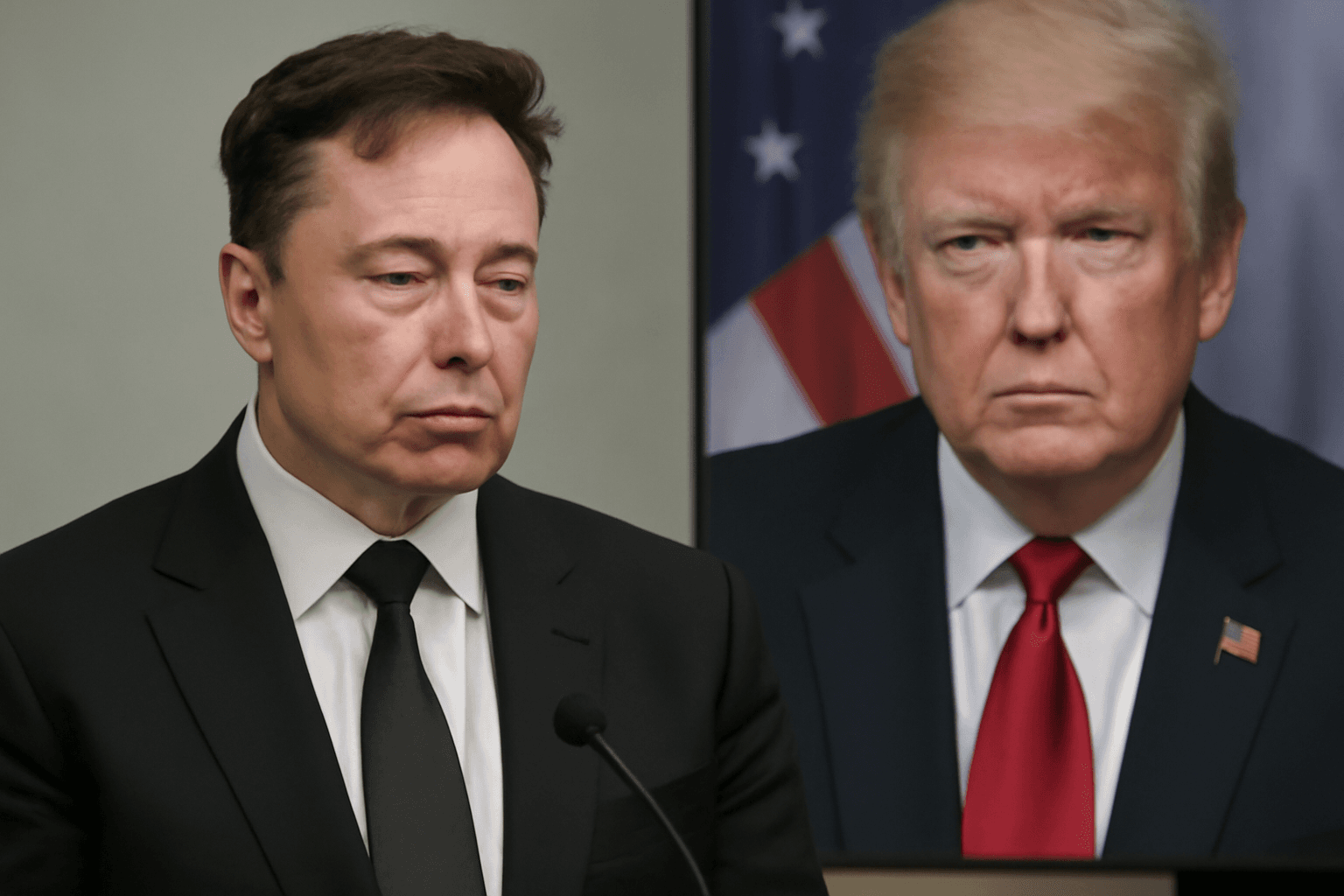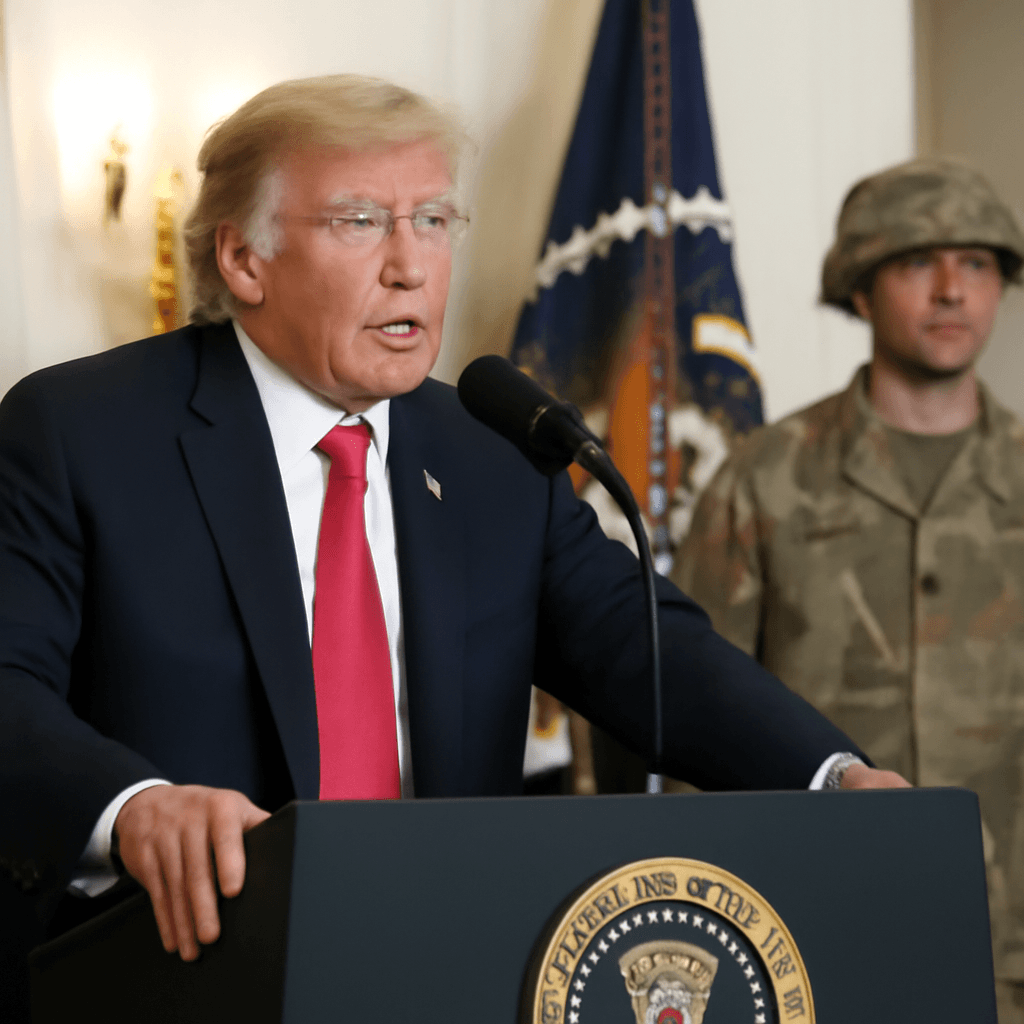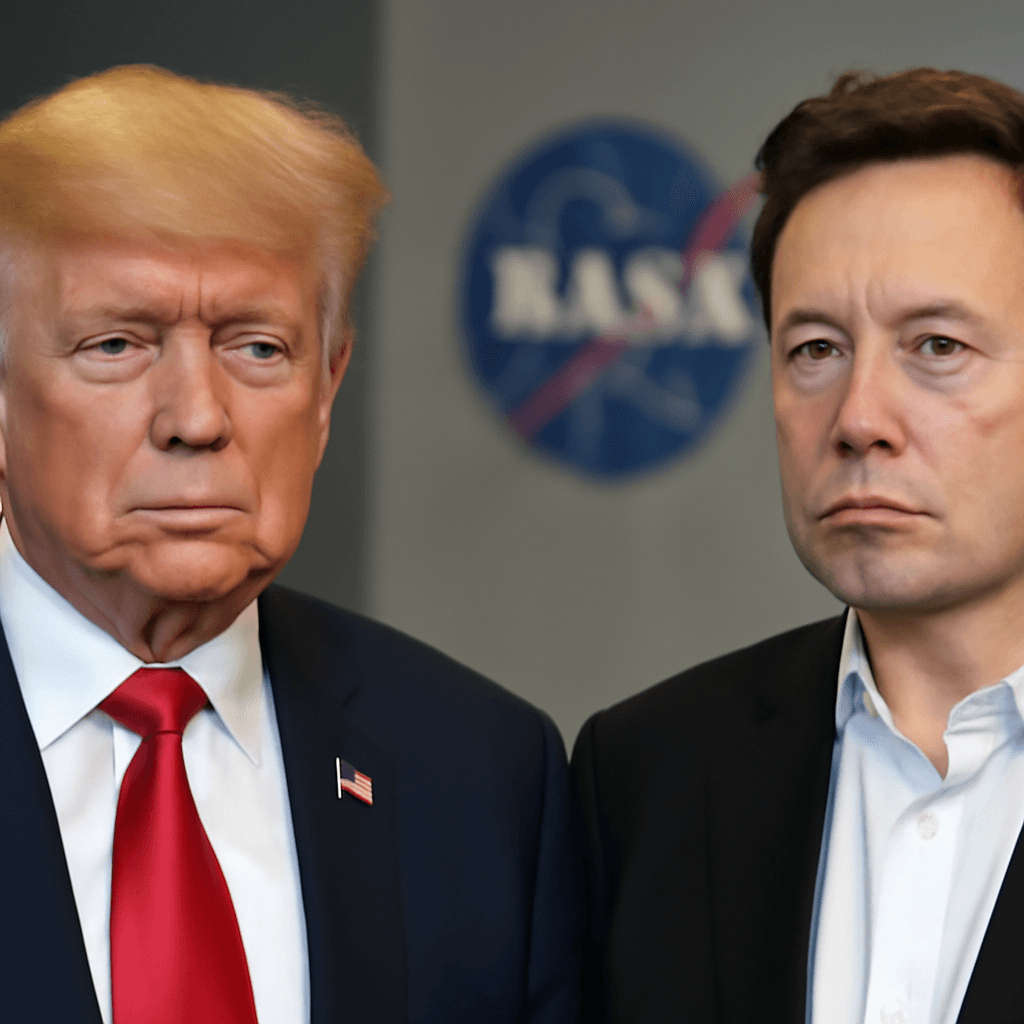The Unexpected Showdown in the White House
In an unanticipated twist during Pride Month 2025, the world’s wealthiest man, Elon Musk, found himself outmaneuvered — and literally outmatched — by Scott Bessent, a prominent openly gay official in the Trump administration. The confrontation, which unfolded within the iconic halls of the West Wing, not only ended with Musk physically bruised but also politically sidelined, symbolizing a dramatic fracture in a once unlikely alliance.
The IRS Leadership Battle That Sparked Tensions
The escalating friction began earlier in the spring when Musk and Bessent laid their competing candidates for the acting IRS Commissioner role before President Trump. Musk championed Gary Shapley, noted for his investigative role in a high-profile whistleblower case, while Bessent endorsed Michael Faulkender, a MAGA-aligned economist with Treasury experience. Trump's choice in favor of Bessent’s recommendation triggered a sharp breakdown in relations.
When Words Turned to Actions
Following the Oval Office meeting, a heated exchange erupted between Musk and Bessent in a West Wing hallway. Bessent accused Musk bluntly of failing to deliver on promises to reveal over $1 trillion in government waste, branding him "a fraud." Musk retaliated physically, shoving Bessent forcefully, which led to a brief but intense scuffle before aides intervened. Musk left the premises visibly injured, sporting a black eye at a later press event — a bruise he attributed to playful antics with his son, though insiders suggested otherwise.
A Fractured Partnership and Rising Resistance
This altercation marked the unraveling of Musk’s influence within the Trump administration. Once housed in the Lincoln Bedroom and steering government reform initiatives, Musk quickly became a controversial figure. His push for bureaucratic efficiency, including the Department of Government Efficiency (DOGE) project and demanding weekly accomplishments from federal employees, sparked backlash from within agencies and among MAGA loyalists. Protest signs reading “No One Voted for Elon Musk” became common sights outside federal buildings, underscoring his waning support.
Bessent’s Subtle but Steady Rise
While Musk’s approach leaned heavily on spectacle, Bessent’s method was strategic and quietly effective. His budget discipline and political savvy earned him President Trump’s trust, solidifying his status as a key player within the administration during a culturally significant month.
Pride Month Context and Political Symbolism
The timing added a profound layer of meaning: Bessent’s victory as an openly gay Republican in a high-ranking position during Pride Month underscored a milestone within a traditionally conservative arena. Unlike Musk’s high-profile, sometimes abrasive tactics, Bessent’s calm command earned respect without fanfare — a testament to endurance over ego.
Aftermath: Political Fallout and Future Moves
In the weeks following the altercation, distancing between Musk and Trump became palpable. Trump publicly questioned Musk’s behavior and hinted at scrutinizing federal contracts affiliated with Tesla and SpaceX. Additionally, Musk’s advocated nominee for a NASA post was withdrawn, signaling fraying ties. Meanwhile, Musk responded with online jabs, teasing the formation of a new political entity dubbed the "America Party" and making controversial allegations against Trump, which remain unsubstantiated.
Closing Thoughts: Power, Ego, and Politics in Washington
This unusual episode reveals much about Washington’s power dynamics. Musk arrived intent on disrupting the system but left defeated, both politically and physically. In contrast, Scott Bessent emerged with his authority intact, showing that influence in the capital hinges less on public flash and more on presidential trust and strategic persistence. The West Wing brawl during Pride Month 2025 thus stands as a vivid reminder that in the realm of politics, it is not wealth or spectacle that wins — but resilience and political acumen.


